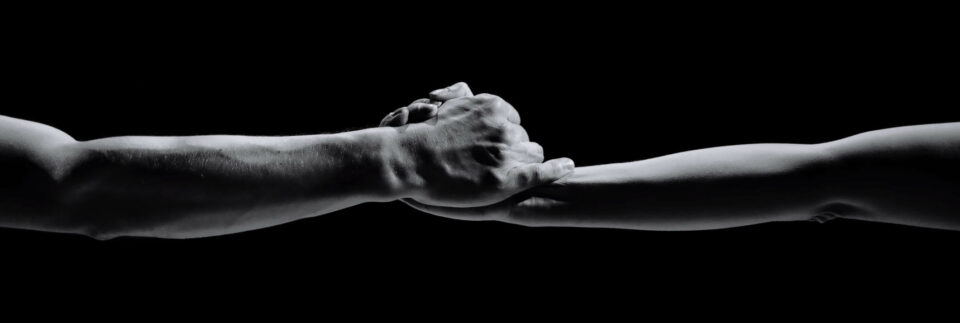
1850: American Henry Reeve is born. Too young to fight slavery, he serves as a Union drummer boy. At 18, Reeve hears about Cubans rising up to end Spain’s cruel rule. He immediately leaves home to join the fight. Captured, he survives a Spanish firing squad and goes on to become a general in the Cuban Liberation Army. He dies in battle at age 26.
2005: Hurricane Katrina devastates New Orleans. In response, despite numerous CIA assassination attempts and a US invasion to overturn the Cuban Revolution, Fidel Castro forms the Henry Reeve International Contingent of Doctors Specialized in Disasters and Serious Epidemics to offer medical aid. The long US embargo had impoverished ordinary Cubans. Yet this tiny nation still stood ready to send doctors to care for those in need.
2020: The Henry Reeve Brigade goes all over the world treating those infected with the previously unknown Covid virus. One Brigade contingent of 500 health providers serves for six months in México City. The Cubans risk their lives — out of their respect for all lives.
So what does all this tell us about what makes for solid international solidarity?
Lesson one: Solidarity involves much more than just giving money to — and thinking you’re saving — poorer peoples. Solidarity is understanding that your privilege rests on your government’s power to determine whose labor and natural resources get extracted and who reaps the benefits. Solidarity means changing the rules so that no one needs charity.
Lesson two: We don’t do solidarity with governments. We do solidarity with working people. That may mean joining people’s movements against their governments, as Henry Reeve did, or that may mean serving the African American people of New Orleans abandoned by their own government, as did Cuba’s Henry Reeve medical brigade.
Lesson three: Solidarity is seeing the world through the eyes of the people you’re working to build solidarity with. Solidarity is bringing questions, not answers. The best doctors listen to the people they’re serving and adjust their methods to fit the patient’s beliefs and circumstances. The best solidarity activists know that we have much to teach and much to learn on both sides of the border.
In 2021, our México Solidarity Project will share with you the hidden and not-so-hidden rules of the game that determine US/Mexico relations. We won’t simply cheerlead AMLO and Morena, though we do believe Morena represents México’s best hope. We’ll bring you information from people’s movements that disagree with Morena and push it to do better. We’ll give you history and context so we can avoid wrong assumptions and judgments.
And in 2021 we’ll work to show that solidarity need not be grim. We can speak to each other through images, poems, music, dance, laughter! All these can help us come to love one another. And that we have to do, because only love makes solidarity truly solid.